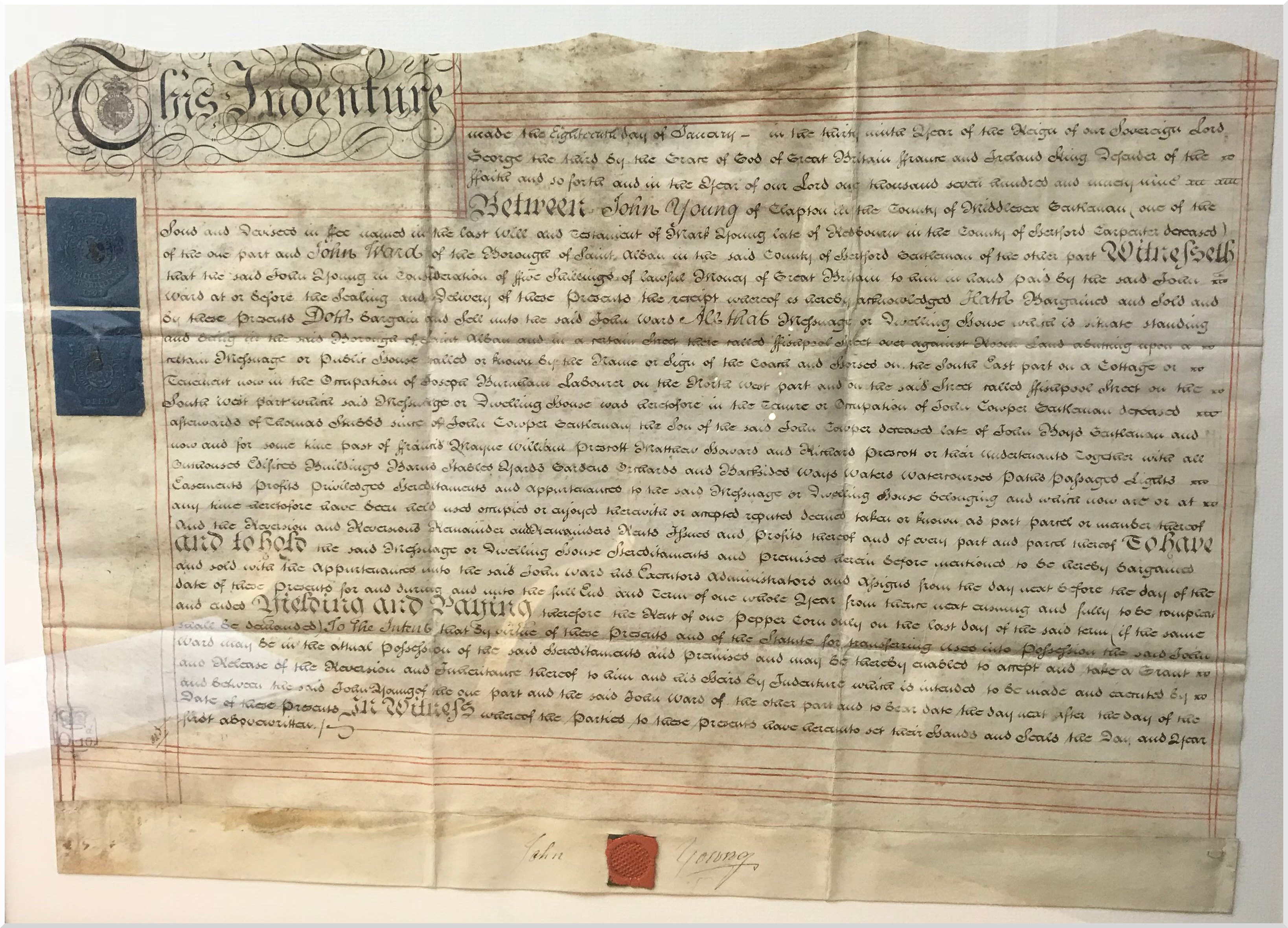When disputes involving family members come to court there is no guarantee that legal aid will be granted. Disputes typically involve disagreements in divorce or separation cases over where a child should live and the amount of parental contact, or arguments over finances and property. The absence of legal aid presents an issue for many people, as court proceedings are often very costly.
In some cases, people can be entitled to legal aid, with the Legal Aid Agency requiring applicants to satisfy three tests before funding can be granted. Failure to satisfy all tests will result in rejection.
- The Means Test looks at a person’s financial circumstances.
Legal aid is intended to help those who cannot afford their own legal fees, so those in receipt of benefits such as Income Support are much more likely to be granted funding.
- The Merits Test looks at the likelihood of success of your case. It is your opportunity to explain to the LAA why you deserve public funding
- Evidence of domestic violence against you, or child protection concerns, relating to the other party to proceedings. This can be in the form of a relevant conviction, caution or arrest for domestic violence, or a relevant injunction or restraining order.
Due to budget cuts it is now much harder to obtain legal aid. The majority of law firms no longer offer legal aid for private family law disputes, and so many of society’s most vulnerable now go unrepresented.
For more detailed information please visit: Family law disputes – who is entitled to legal aid?
A different system of legal aid operates for parents of children who are the subject of social services’ concerns.
Related Articles
The Law Gazette: Mother alleging abuse left alone in court after failing legal aid test
The Guardian: Senior judge warns over ‘shaming’ impact of legal aid cuts






